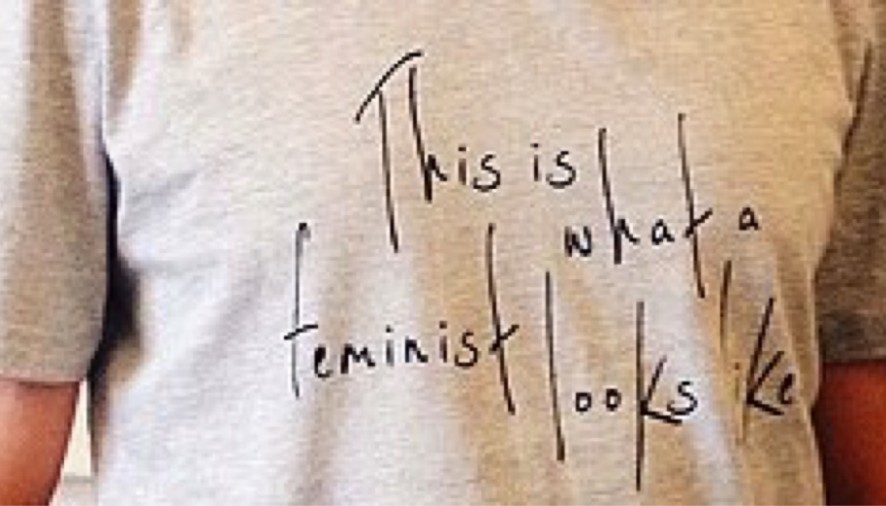Men being vocal promoters of women’s rights can be a crucial part of making effective change, but a failure to recognise male privilege is always problematic. So what does it take to be a good ally? The Gryphon asked women on campus to find out.
‘“Ally” cannot be a label that someone stamps onto you–or, god forbid, that you stamp on to yourself—so you can then go around claiming it as some kind of identity. It’s not an identity. It’s a practice. It’s an active thing that must be done over and over again, in the largest and smallest ways, every day’
Mia McKenzie in her article No More “Allies”.
‘So I think that it’s really important. A movement can try and make change independently, but realistically they need allies to really create change. To me, being a good ally is about listening. Being willing to understand, not trying to justify the actions of others or speaking over other people’s voices.’
Becca Newson, English Society Equality and Diversity Officer
‘For me, solidarity is about having someone on your side; someone who will support you and fight for you.I think that’s one of the best ways to describe it – just having someone on your team, and when you’ve got that it’s so powerful, because if one person believes in you why won’t others? But, I do think solidarity needs to also allow for people to speak for themselves – to be a good ally or to be in solidarity with someone you also need to be able to step back and support from the sidelines at times. Let people talk for themselves but have their back, be on their team!’
Emma Healey, Women’s Liberation Coordinator
‘To me a positive ally is someone who is open to active listening and is willing to leave their own experiences and privileges at the door and listen to another person’s experiences without judgement or questioning.’
Melissa Owusu, LUU Education Officer
‘Positive solidarity is something that should reinforce the ideals we stand by. The fortitude we require to be our best self is often a reflection of the strength of our closest relationships. Even if our loved ones don’t see eye-to-eye with us, they inform our identity. If we are not supported by them, then who are we supported by?’
Mahrukh Adnan Shaukat, BA International Relations
‘I think the main thing is to always be open to new thoughts. As someone who identifies as a disabled woman, I still have so much to learn on other liberation groups. Being a good ally is about not making assumptions, and allowing yourself to be challenged. It’s about knowing when to use your privilege to help push a message, but also when to leave it to those groups to push themselves.’
Gem Turner, LUU Equality and Diversity Officer
‘I want you to not talk over me to tell me why the oppression I’ve faced isn’t actually as bad as I think it is. Even if you agree with me, it’s my prerogative to speak because I’ve experienced it. You need to listen and hear me, not take up a space that isn’t yours to fill.’
Beth Galey, In the Middle Associate Editor
Rachel King & Mahrukh Adnan Shaukat
Image: Elle

